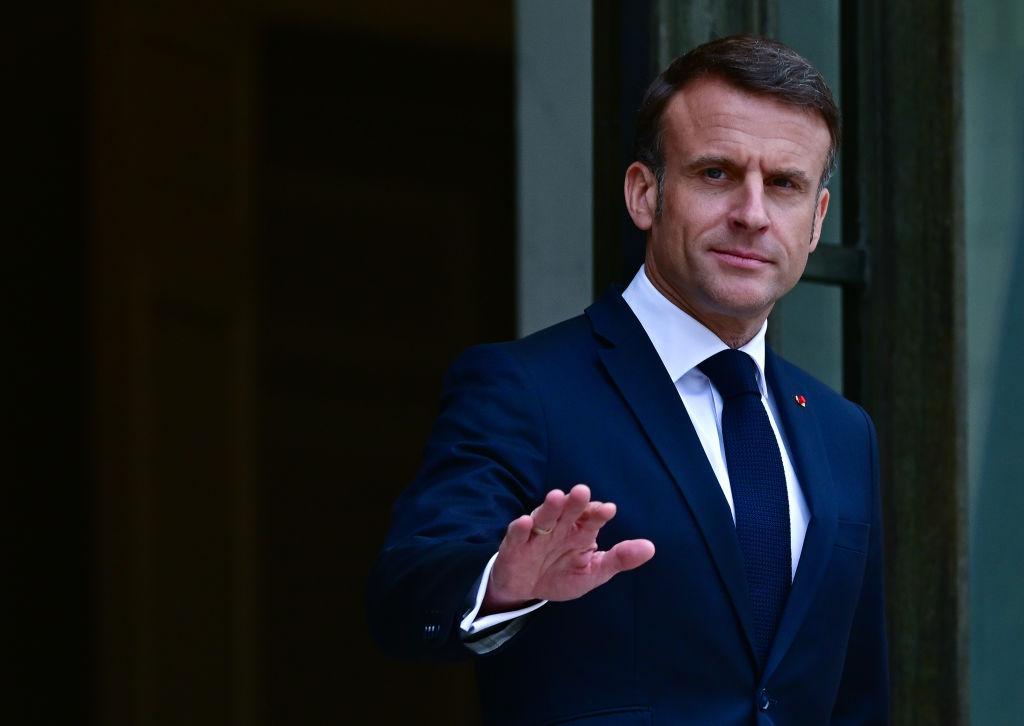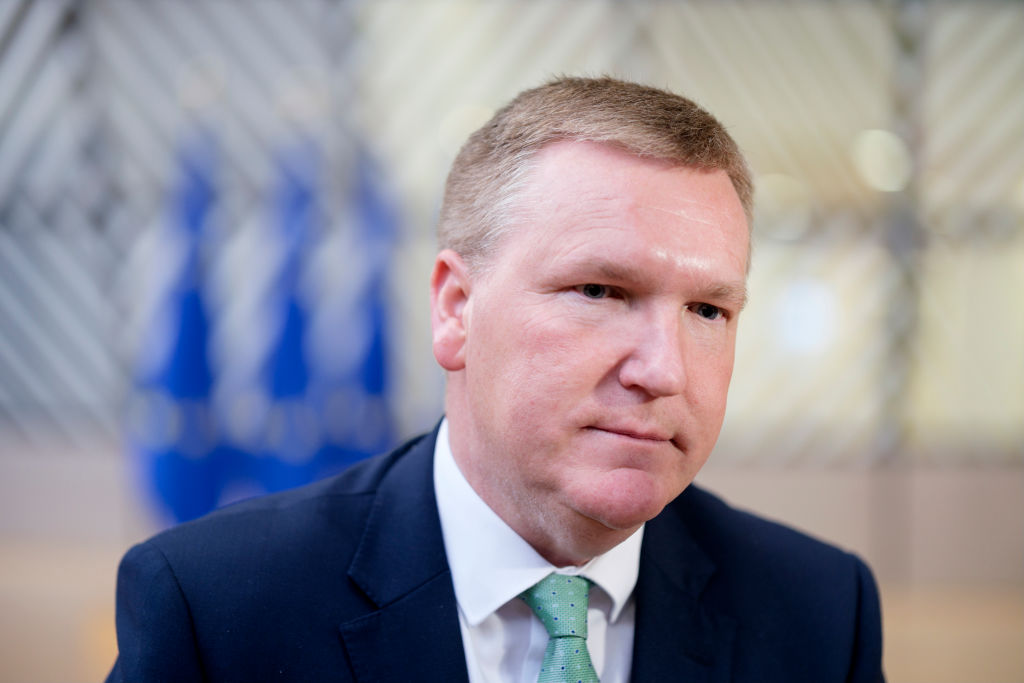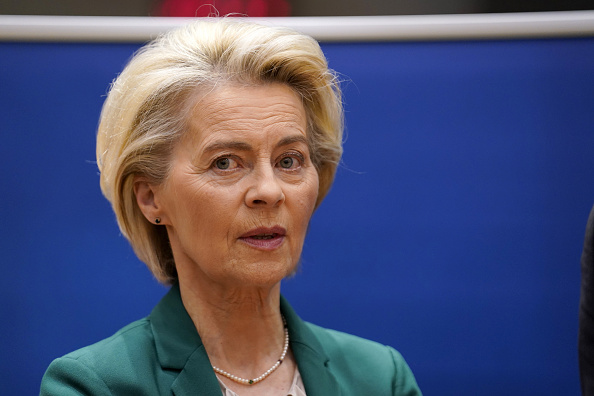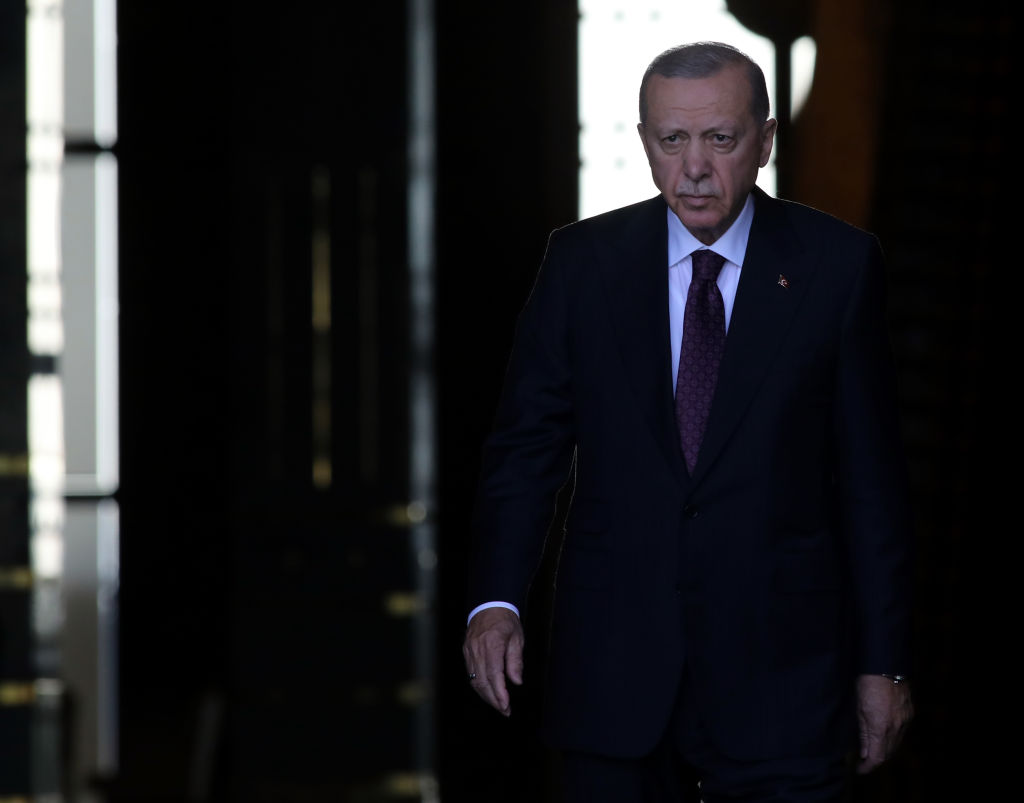The European Broadcasting Union has had a rough time.
First the EU attacked it for barring fans with EU flags from attending the Eurovision final–including staffers from the senior European Parliament.
Then, it said it would not permit either the European Conservatives and Reformists (ECR) nor the Identity & Democracy (ID) groups to take part in its May 23 debate, the last before European elections in June–a move Danish MEP Anders Vistisen called “censorship”.
The European Broadcasting Union (EBU) is chiefly known for Eurovision–so much so that its 2019 European Parliament debate was called the “Eurovision debate”.
Which is why it was an apparently stunning accomplishment, days after its signature event, its reputation appeared to be in tatters among both the EU establishment and Eurosceptics.
The EBU said the ECR and ID could not take part in the debate because they had not nominated official “lead candidates” (or “Spitzenkandidaten“) for the June elections.
A lead candidate has only become European Commission candidate once, Jean-Claude Juncker in 2014. Ursula von der Leyen was not the European People’s Party (EPP) Spitzenkandidat in 2019.
The system “has become a joke”, said the ID secretary general Philip Claeys, explaining why his group has not nominated a lead candidate.
Meanwhile, Eurovision fans–including, most visibly, the ALDE/Renew bloc’s politics officer Dorin Frăsîneanu–have loudly complained they were denied entry to the contest’s final on May 11 while holding EU flags–a move that provoked a hot blast of EU criticism at the highest levels May 13.
“I will talk to them. I won’t let this pass. I will seek explanations and clarifications,” Margaritis Schinas, vice-president of the European Commission for Promoting our European Way of Life, said.
It was “completely regrettable” the EU flag could not be allowed in, European Commission spokesperson Eric Mamer told reporters later the same day.
In response, the EBU released a statement May 13 saying it will review its flag policy ahead of Eurovision 2025.
“There has never been an express ban on the EU flag in the written policy,” said the EBU, but noted its policy was “to allow the flags of the participating countries and the rainbow flags”.
Security staff outside the song contest in Malmö said the EU flags were ‘political’ and not allowed, with only rainbow (LGBT) and participating countries’ flags permitted.
“We were just denied entry to Eurovision with the EU flag. We were told by security it’s ‘political’ and ‘not allowed’. How could the EBU ban the EU flag at Europe’s biggest event?” asked Frăsîneanu.
Frăsîneanu said he and his friends were “forced to leave the flag at the gates” of the arena.
The Eurovision flag policy contains a list of “banned flags”, including those of Kosovo, the Basque region, Palestine, and notes in addition the Islamic State flag is “strictly prohibited”.
Some critics argued that the flag, of twelve golden stars forming a circle on a blue field, was also used by other organisations such as the Council of Europe. Sports teams competing as “team Europe” often use the flag, such as golf’s Ryder Cup.
“It’s the Flag of Europe, designed in 1955 long before the EU” and “and has been adopted by the Council of Europe”, said Mike Galsworth, chair of the European Movement UK.
However, the Council of Europe did feel it necessary to introduce a “new visual identity” in 2013 to avoid confusion with the EU.
In practice, Eurovision organisers have allowed UK fans to hold Welsh and Scottish flags, including in the 2023 contest in Liverpool.
There was also a tone-deafness in banning the EU flag from Eurovision at the same time pro-European protesters were flying it in Georgia, said Guy Verhofstadt, an MEP and a member of Frăsîneanu’s Renew Europe party.
“As the EU flag is banned from Eurovision, people risk being beaten to demand a European path for Georgia,” he said.
The contest’s winner, Switzerland’s Nemo, smuggled a non-binary flag into the venue, and displayed it in celebrations after.
The controversy over flags came as Eurovision’s organisers faced criticism for their claim to separate politics from art (or at any rate, pop music acts).
Some performers went to great lengths to circumvent the contest’s ostensible ban on politics.
Ireland’s entry Bambie Thug, while performing in the final, wore face paint which spelt out “CEASEFIRE” in the ancient Irish Ogham script.
A broadcasting union ostensibly founded on free speech, for many critics on both Left and Right, seems increasingly to stand for censorship instead.
“Just when you thought the political song contest couldn’t get any more ridiculous,” said Irish artist Robert Bohan.





